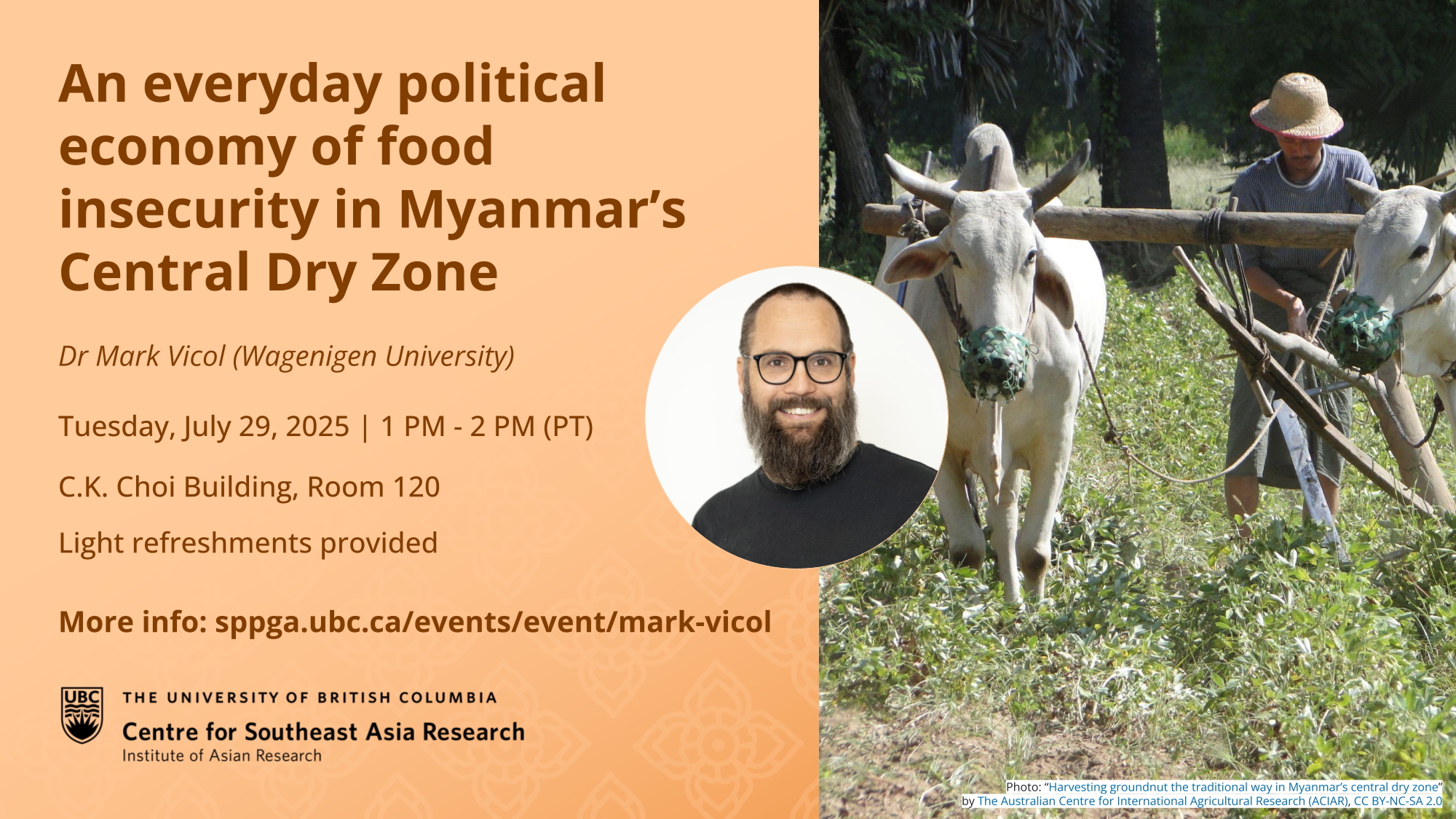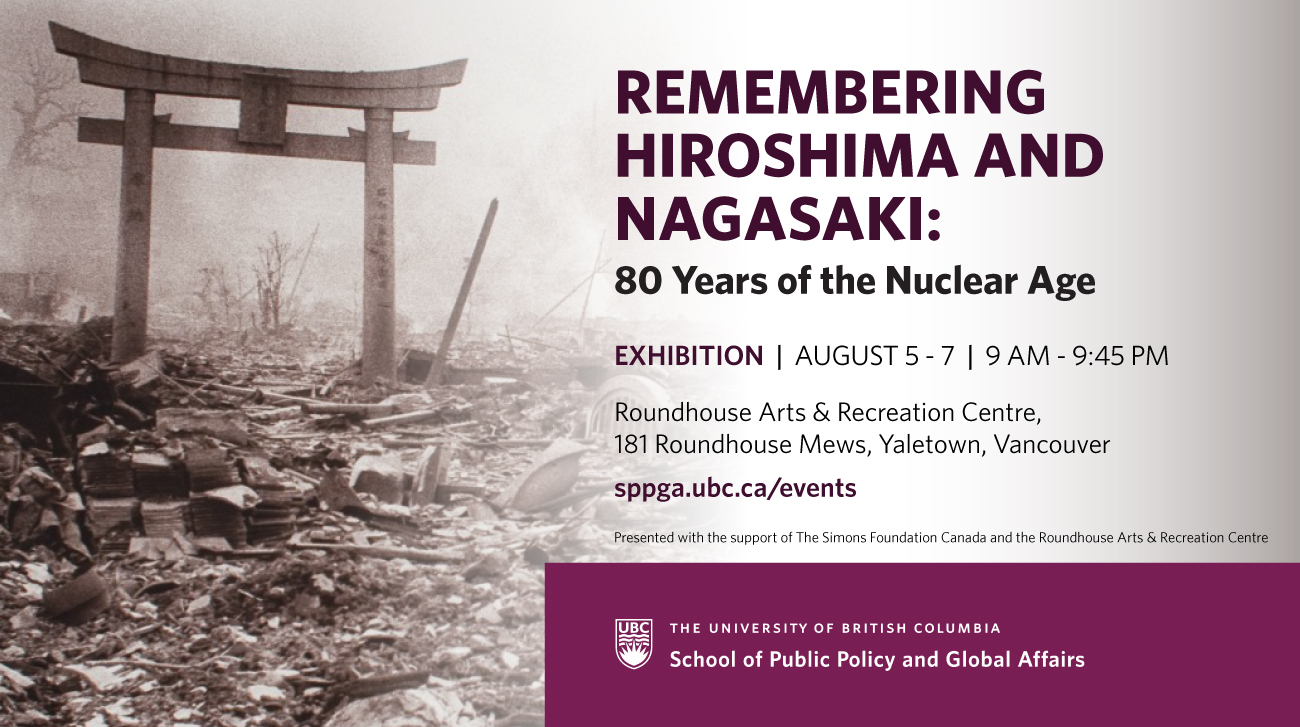Panel: Community Approaches to Healing Trauma
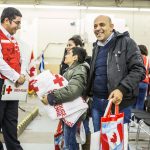  Photo Credit: Éric Carrière |
Trauma is a fundamental part of the refugee experience. Sometimes that trauma happens before individuals, families, and groups leave their homes; sometimes it happens during their journeys or in their often overly extended transitional homes; and sometimes the trauma occurs, or reoccurs when they arrive and begin the arduous process of settling in a new and foreign land. This panel recognizes the multiple forms that such trauma can take for different refugees and refugee claimants, and recognizes that healing from that trauma happens in different ways for those different individuals and groups. While the therapeutic process, working with counsellors, is fundamental, it is really a community that can provide the long-term support and healing that traumatized individuals settling in a new culture need.
Accordingly, this panel brings together a wide variety of perspectives and practitioners, and will engage the audience in learning about how different community organizations develop trauma-informed and trauma-sensitive activities and connections to complement the trauma-focused work they may be doing with therapists and in groups.
Date: Wednesday, October 18th
Time: 3:00 PM – 5:00 PM
Venue: Robson Square, UBC – HSBC Room. 800 Robson St, Vancouver, BC V6Z 3B7
Free and open to the public.
UPDATE: Our online registration is now full but we welcome guests to register at the welcome table at today’s event.
Light refreshments provided
Panel Discussion led by Moderator Frank Cohn, Executive Director of the Vancouver Association for Survivors of Torture (“VAST”)
Bio: Originally from Vancouver, Frank is Executive Director of VAST (Vancouver Association for Survivors of Torture), a Refugee Mental Health organization. He has more than 20 years experience in managing, evaluating, and building capacity for Community Development and Education Programs in 22 countries. Frank works in five languages: French, Spanish, English, Mandarin Chinese, and Haitian Creole, and has functionality in several others. He is also a Sessional Lecturer in Social Work and Public Affairs at UBC, UNBC, Langara, Douglas, Native Education College, and Fordham, Rutgers, and Columbia Universities, and has provided guest lectures and Field Instruction at more than a dozen other universities. He has done leadership capacity building work with over 10,000 people in 100 rural villages and urban neighborhoods in the Americas and Asia, and managed life-changing international travel exchanges for over 1000 youth. Frank was previously in New York City for 10 years as CEO of Global Potential, and is also a Board Member, Consultant, and Advisor for several other non-profits, including The DUDES Club and the JUMP! Foundation. Frank has his BA in Literature and Philosophy from UBC, and his Masters of Science in Social Work from Columbia University.
Speakers:
Mariana Martinez Vieyra
Bio: Mariana is a graduate of the University of Buenos Aires, Argentina and the UBC Counseling Psychology Master’s Program. She has over 25 years of experience working with survivors of political violence and torture both in Canada and in Latin America. Raised and educated in Argentina during the military dictatorship, Mariana learnt to recognize the impact that torture has on individuals, relationships and families, thus becoming very aware of the crucial role that community building and social justice play in the healing process. Not surprisingly, when she moved to Vancouver in 2003, she joined The Vancouver Association for Survivors of Torture (VAST). Mariana sees her work as a trauma counsellor as a way to raise her voice against torture, resist social injustice and fight for clients’ Human Rights as well as psychosocial well-being. In 2015, Mariana was appointed Provincial Refugee Mental Health Coordinator under the Provincial Refugee Readiness Project, building Mental Health capacity in the refugee serving-sector, and running the Provincial Refugee Mental Health Toll Free Line.
Presentation Description: Mariana’s discussion will focus on the concepts of Building home, and establishing safety. Establishing safety refers to the environment that surrounds us and also in our inner environments. She will discuss VAST’s work in Stage One in the trauma recovery process. Building community is a key factor in the healing and recovery process, and while it is part of Stage three of trauma recovery, it is something we are also starting already from stage one–allowing the conditions for trust to be built. VAST’s work is trauma-informed, and connects the theoretical and research base. Fundamentally, we heal in community, and building community is key for any attempt to repair attachment wounds.
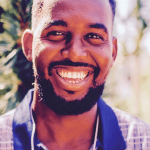  |
Ali Hussein
Bio: Ali is a Settlement Youth Worker at ISSofBC. Besides running some of the weekly activities at the Youth Hub, he is also responsible coordinating and developing Multicultural Youth Circle (MY Circle) Program. Over the past three years, He has worked with various non-profit and public research Canadian and Kenyan universities in exploring innovative ways of making post-secondary education available to refugee students in Dadaab, the largest protracted refugee camp in the world. Ali Hussein enjoys playing soccer and boxing.
Presentation Description: Ali will be describing the inclusive, peer-driven, community-oriented work of the Youth Hub at ISSofBC. The Youth Hub’s programs for refugee youth include sports, arts, dance, discussions, and drop-ins.
Alison Paul
Bio: Alison (Ali) Paul currently works as Senior Manager, Safety and Wellbeing Program with Disaster Management for the National Office of the Canadian Red Cross. Her past roles with the Red Cross have included management of community integration programming in support of resettlement and integration of Syrian refugees (2015-2016), management of the Detention Monitoring and Restoring Family Links programs in Western Canada, support for Overseas Personnel and the Humanitarian Issues Program. Internationally, she has deployed as a social worker to German Red Cross in fall 2015 in support of incoming refugees and migrants (2015), worked with UNICEF on child protection (2008-2009), and the Global Alliance Against Traffic in Women (GAATW) on human trafficking (2006, 2008). She volunteers with BC’s Disaster Psychosocial team through Provincial Health Services Authority. Ali has a Master of Social Work, and Bachelor of Arts in Psychology.
Presentation Description: The physical and mental health and dignity of people affected by crises must be at the centre of global refugee response. The International Federation of Red Cross Red Crescent Societies has been on the ground not only offering support through reception centres, shelter, and food, but also through psychosocial services such as managing child friendly spaces, female friendly spaces, supporting individuals and linking families. Canadian Red Cross delegates have been involved in supporting along the entire migration journey: Jordan, Lebanon, on vessels crossing the Mediterranean Sea, Greece, Germany, and upon arrival and during settlement and integration in Canada. This presentation will focus on the multi-faceted psychosocial support that is needed to buffer the loss and trauma that has occurred in so many lives, drawing from a recent evaluation by the Canadian Red Cross, and the presenter’s personal experience supporting refugees both abroad and in Canada.
Nancy Clark
Bio: Nancy Clark is an alumna of the Liu Institute for Global Issues at the University of British Columbia and Intersections in Mental Health and Addiction Research Training. Nancy’s research is informed by social justice, intersectionality and equity oriented health and social policy. Her clinical practice area focuses on community mental health and integration of social determinants of health of structurally vulnerable groups, including immigrant women and other groups affected by displacement.
Presentation Description: The focus of the presentation is on Karen refugee women’s experiences of resettlement, and the intersections of gender, language and health literacy as important considerations for mental health promotion.
Amea Wilbur
Bio: Dr. Amea Wilbur is Manager of Programs at Pacific Immigrant Resources Society (PIRS), a non-profit organization that provides services for immigrant women and young children. She completed her doctorate in Education at UBC. Her research explored ways to make government-funded language training more inclusive for students who experience trauma. She has facilitated numerous workshops on how to support students who have experienced trauma in the English as Additional Language classroom. She along with Diana Jeffries created “ Beyond Trauma: Language Learning Strategies for New Canadians Living with Trauma” through LISTN. She will speak about PIRS trauma-informed language classes that PIRS developed to support refugee women. She will highlight the framework PIRS uses in their the language classes to build control, connection and meaning for newcomers impacted by trauma.
Presentation Description: Profile of PIRS Trauma Informed English as an Additional Language Classes – learn more here.
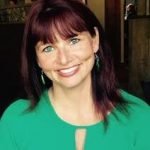  |
Dr. Jennifer Mervyn
Bio: Dr. Jennifer Mervyn is the Doctors of BC Practice Initiative Lead for the Child and Youth Mental Health and Substance Use Collaborative for the Fraser Region. Dr. Mervyn brings over 10 years of clinical experience as a registered psychologist specializing in child and youth mental health. Jennifer holds a Ph.D. in Counselling Psychology from University of British Columbia, and received multiple awards, including the UBC Young Alumnus Award for her dissertation research. Jennifer currently teaches part-time in the graduate department of Counselling Psychology at Trinity Western University, and has a private practice in White Rock. As a Metis, Jennifer is a strong advocate for the Indigenous community and was actively involved in issues affecting the indigenous community through her participation on regional and provincial committees.
Presentation Description: The BC Child and Youth Mental Health and Substance Use Collaborative, funded by the Province of BC and stewarded by Doctors of BC is engaging over 2,400 people in creating a culture of health for neighbourhoods and families. Within the Collaborative there are 64 Local Action Teams which bring together representatives from the health, education, policing, and child development sectors with youth and their families to work on community change and inform public policy. Many of these Local Action Teams have expressed a desire to transform into self-healing communities which recognize that early trauma is the most powerful determinant of health and solving the root causes of early trauma, rather than the symptoms, can build resilient, healthy communities. Communities have the capacity to decrease the prevalence of adverse childhood experiences and intensity from one generation to the next, thereby reducing many mental, physical, behavioral and economic/productivity problems. Dr, Mervyn will discuss how this can be achieved by building resilience in communities and creating a culture of Health.
This event is part of After the Flight: Community-University Refugee & Migration Symposium hosted by AMSSA, MOSAIC, ISSofBC, Vancouver Association for Survivors of Torture (VAST), the Vancouver Immigration Partnership, UBC Community Engagement, UBC Liu Institute for Global Issues and the School of Public Policy and Global Affairs, UBC International Student Development, the UBC Graduate Student Migration Network, and the UBC Equity and Inclusion Office.—–
Find more details on symposium events between October 11 – October 19, 2017 here.
Disclaimer: Please note that by using this service, your information will be stored on the Eventbrite server, which is located outside Canada. If you do not wish to use this service, please email lindsay.marsh@ubc.ca directly to register. Thank you.
